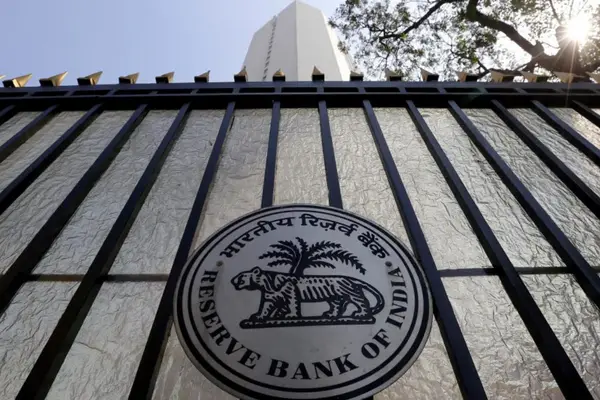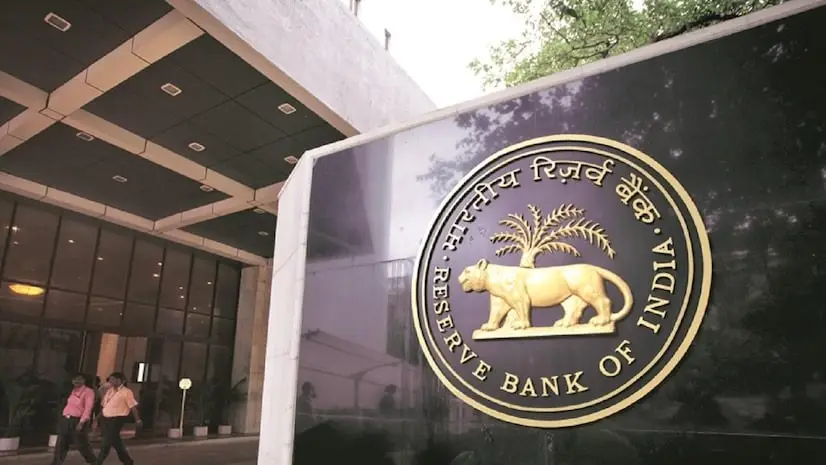The Reserve Bank of India’s Integrated Ombudsman Scheme (RB-IOS) has recently witnessed an upsurge in complaints in FY23, highlighting increased public engagement and areas of concern within the banking and financial sectors.
Key Highlights:
- Main causes of complaints: Mobile/electronic banking, loans, ATM/debit cards, credit cards, pension payments, remittances, and para banking services.
- Large public sector banks received the highest number of complaints in absolute terms but showed better performance in complaints per branch as compared to several private banks.
- Private sector banks, though fewer in absolute complaints, faced concerns primarily related to credit cards.
- Digital modes accounted for 85.64% of all complaints received, indicating increased public awareness and simplified complaint filing processes.
About the Reserve Bank of India Integrated Ombudsman Scheme (RB-IOS):
- The RB-IOS 2021 merges the Banking Ombudsman Scheme, 2006; the Ombudsman Scheme for Non-Banking Financial Companies, 2018; and the Ombudsman Scheme for Digital Transactions, 2019, operating under “One Nation One Ombudsman” to offer a single platform for financial service complaints.
- Initially established by the RBI in 1995 under Section 35A of the Banking Regulation Act, 1949, RB-IOS aimed to provide a cost-effective and efficient means to resolve banking service complaints, ensuring customer satisfaction.
- The 2021 Scheme incorporates provisions from the Banking Regulation Act, 1949; the Reserve Bank of India Act, 1934; and the Payment and Settlement Systems Act, 2007, offering a cost-free resolution process that mandates timely redressal within 30 days.
- It expands coverage to include Non-Scheduled Primary Cooperative Banks with deposits of Rs 50 crore and above, broadening consumer protection and promoting transparency in a wider range of financial services.
Ref:Source
| UPSC IAS Preparation Resources | |
| Current Affairs Analysis | Topperspedia |
| GS Shots | Simply Explained |
| Daily Flash Cards | Daily Quiz |



